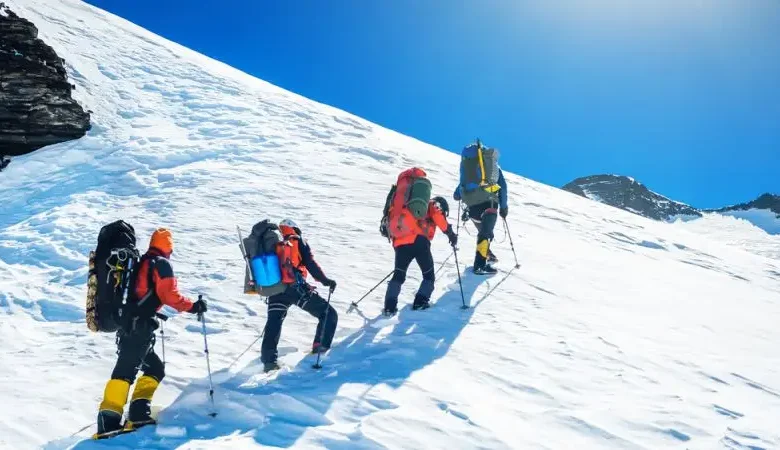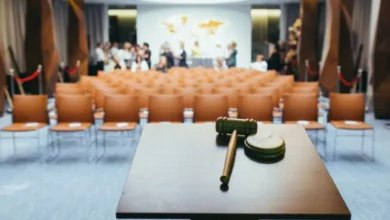Stranded Himalayan climbers finally rescued after 2 days

Teams have rescued two mountain climbers who were trapped 20,000 feet high in the Himalayas for two days after a rope that was being used to hoist their provisions snapped.
Fay Manners, originally from Bedfordshire, Britain, and her climbing partner, Michelle Dvorak from the United States, were stranded on Chaukhamba mountain in northern India when the rope snapped, meaning they lost all their food, tent and climbing equipment and left without supplies.
“I watched the bag tumble down the mountain and I immediately knew the consequence of what was to come,” Manners told the BBC. “We had none of our safety equipment left. No tent. No stove to melt snow for water. No warm clothes for the evening. Our ice axes and crampons for retreat back to basecamp.
“No head torch for moving at night.”
Manners is an alpinist who specializes in difficult climbs but even she is hard pressed when losing all provisions at once.
As snow started to fall, the pair took shelter on a ledge sharing the only sleeping bed they had. “I felt hypothermic, constantly shaking and with the lack of food, my body was running out of energy to keep warm,” Manners said.
They were able to send an emergency text asking for help, but search and rescue teams were initially unable to locate them.
A helicopter crew came up empty the next morning, which meant the women would have to spend another 24 hours on the mountain.
“They did try to rescue us but the conditions were brutal for the company to operate in. Bad weather, fog, high altitude and they couldn’t find us as the face was so vast,” Manners explained.
Between the time the helicopter was able to find them and their time stranded on the mountain, a French team of climbers came across them and offered provisions. Manners said she began to cry with relief realizing they may be rescued after all.
The French team shared their equipment, food and sleeping bags with the women and contacted the helicopter with an exact location for rescue.
“They supported us to get across the steep glacier that would have been impossible without our equipment crampons and ice axes,” Manners said of the French team. “We would have either frozen to death or attempted to cross the steep glaciers without the right equipment and slipped to our peril.
“Or maybe, maybe the helicopter would finally have found us?”
Manners told the BBC that the pair were “terrified” while trying to make part of the descent alone and were relieved to eventually be met by rescue teams.










